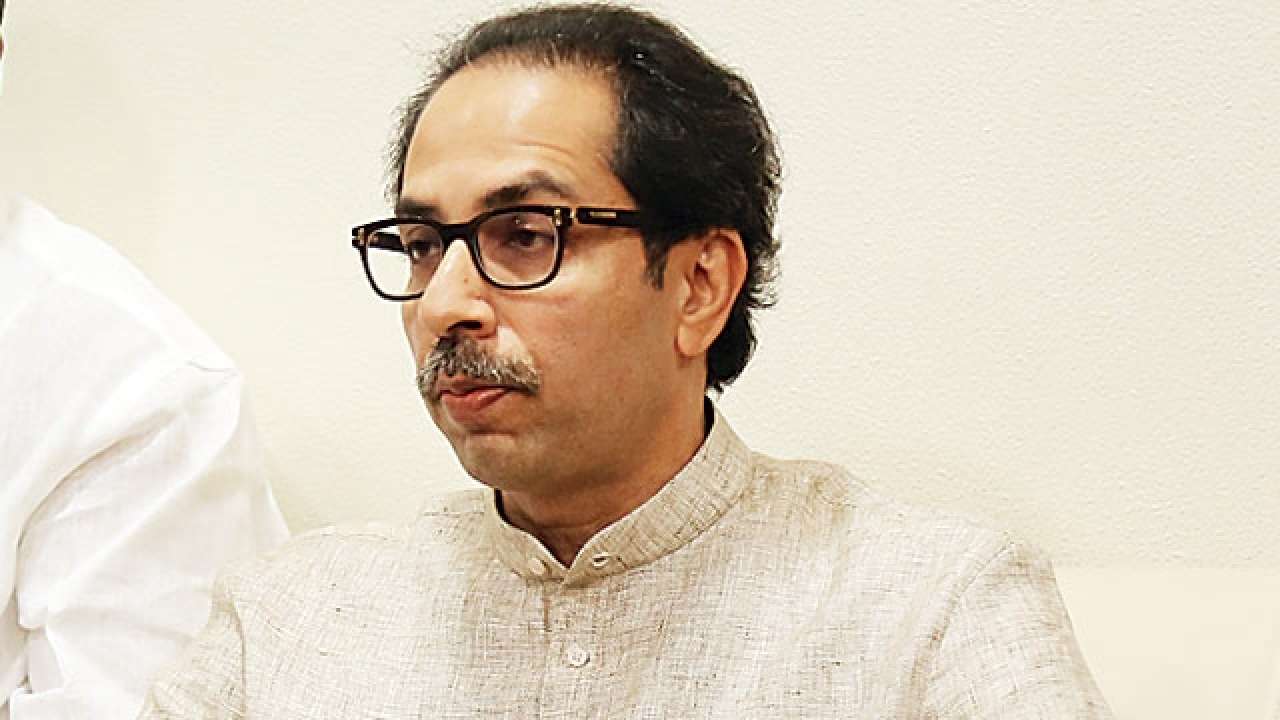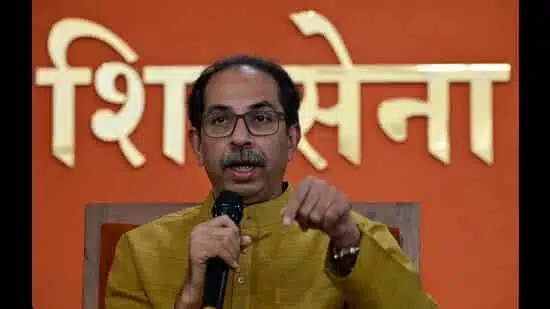A Constitution panel led by Chief Justice of India (CJI) Dhananjaya Y Chandrachud noted that Uddhav’s June 29 decision precluded knowing how his rival camp, led by Shinde, would have behaved inside the House.
The Supreme Court noted on Thursday that Uddhav Thackeray’s decision to step down as chief minister even before the trust vote could be held prevented a definitive assessment of how the Eknath Shinde faction would have affected the Maharashtra Vikas Aghadi (MVA) government on the floor of the House.
The court added that this could be a barrier in Uddhav’s way when he asks the court to turn back time by reinstating him as CM.

On June 29 of last year, Uddhav announced his resignation just hours after the Supreme Court rejected the Maharashtra governor’s request to postpone the floor test that was set to take place the following day.
Citing this, a Constitution bench presided over by Chief Justice of India (CJI) Dhananjaya Y Chandrachud noted that Uddhav’s June 29 decision precluded knowing how his rival camp, led by Shinde, would have behaved inside the House.
“If you had faced the trust vote and lost, it would have been obvious if the 39 people made a difference and it would reveal if these 39 affected the trust vote or not… By avoiding the trust vote, did you not rule out the prospect of considering this? The Uddhav camp’s senior attorney, Abhishek Manu Singhvi, was questioned by the court.
Singhvi responded that the most logical course of action was to quit rather than face humiliation in light of the top court’s refusal to delay the floor test despite ordering the deputy speaker of the assembly at the time to determine the disqualification petitions against the Shinde group.
The bench said, “But the flip side is that if you had faced the trust vote and lost, it would have been obvious how these 39 persons had an impact on the proceedings. The results of the vote would then reveal whether or not these 39 had an impact on the trust vote.
Uddhav decide to resign?..

The bench said, “The obstacle still in your way is that had the trust vote taken place, the outcome would have been known…today, you are asking us to reset the clock, but before a constitutional court does that, we must be in a position to observe an arguable outcome that makes a difference. The fact that you were not subject to the trust vote precludes any possibility of a difference.
The Constitution bench was considering several petitions related to the vertical split in the Shiv Sena last year, as well as legal concerns with the specifics of disqualification proceedings and the authority of the governor and speaker in their respective realms.
When questioned about the reliefs the Uddhav faction is requesting, Singhvi responded that the request is to annul the oath Shinde took on July 3 to become the new chief minister of the state after Uddhav was forced to quit as a result of the party divide. The senior attorney noted that to restore the status quo, the deputy speaker should decide the disqualification petitions filed against Shinde and those from MLAs who support him.
On February 28, the bench will pick up where it left off with the hearing. The Shinde side has not yet raised this issue for debate.
The Shinde and Thackeray factions have filed several petitions with the Constitution bench regarding the disqualification of the MLAs from both camps, the election of Rahul Narwekar as the new Speaker, the recognition of a new party whip for the Shiv Sena, and the governor’s order to Thackeray to demonstrate majority on the floor of the House before inviting Shinde to form the new government in the state.












